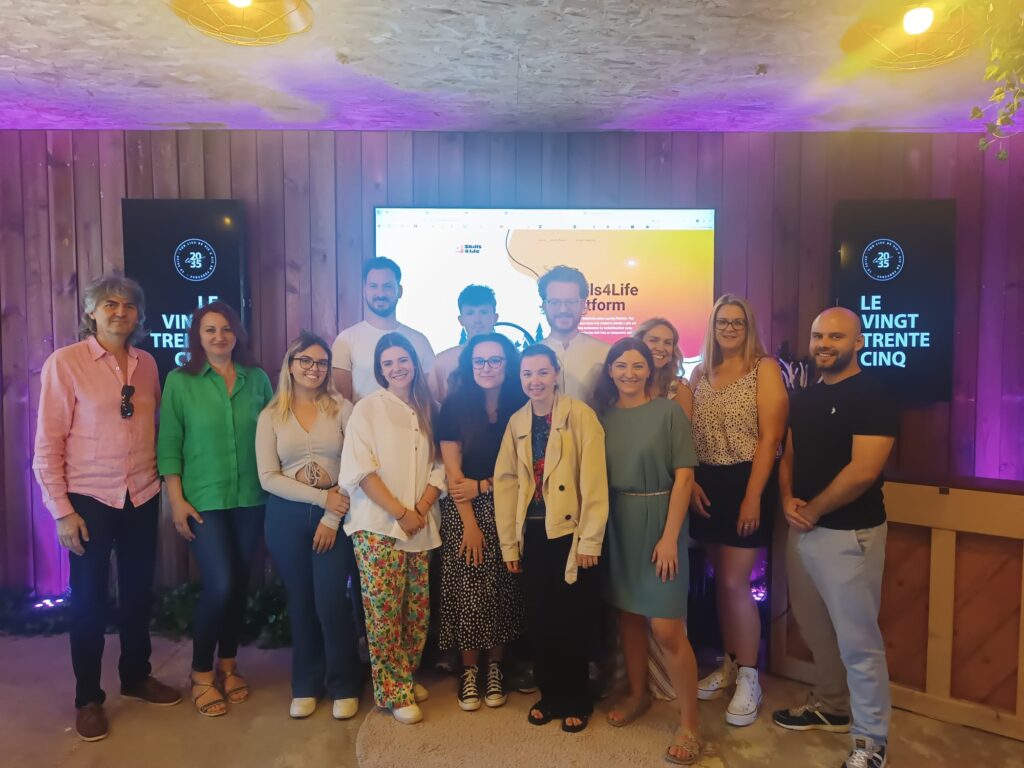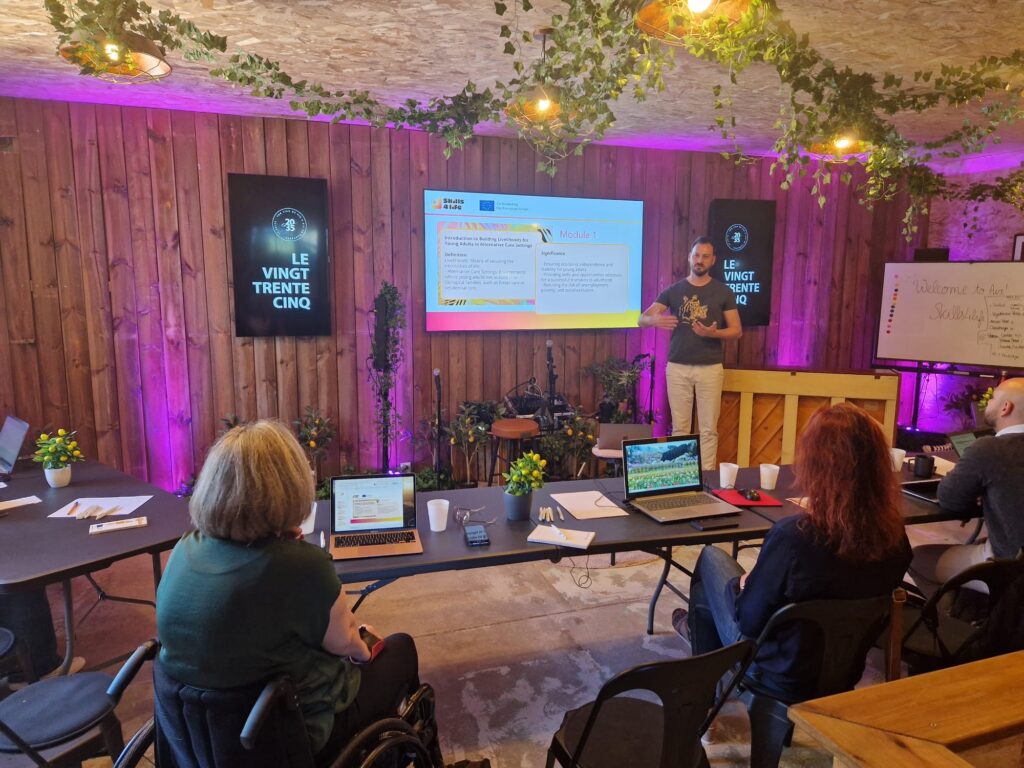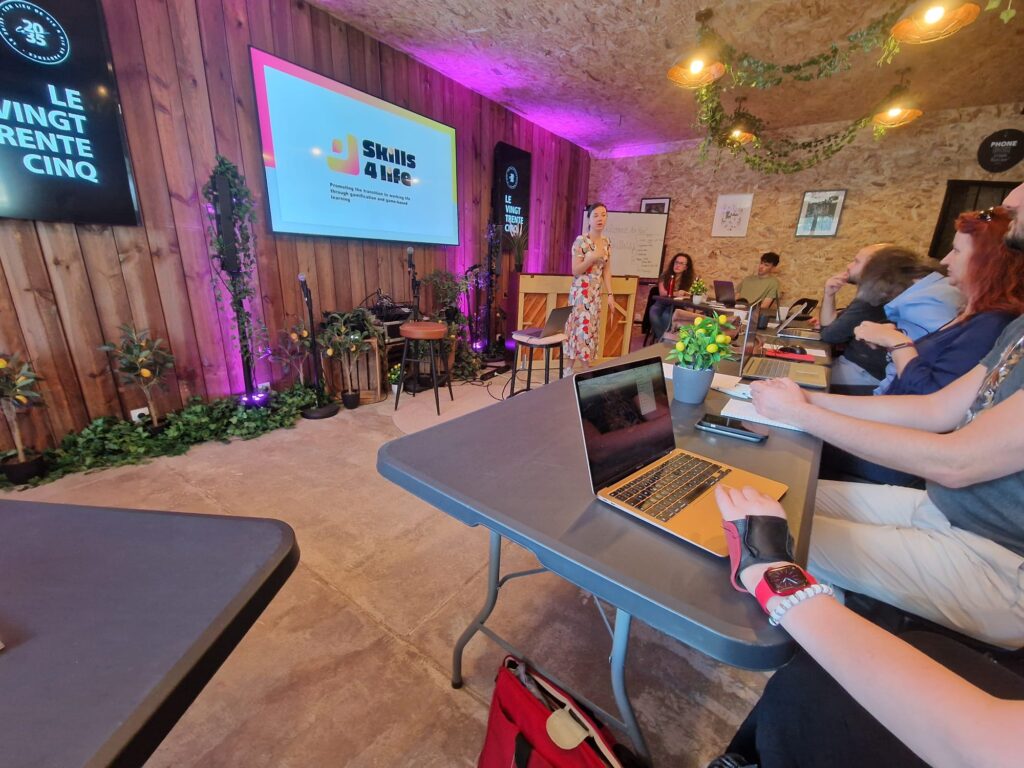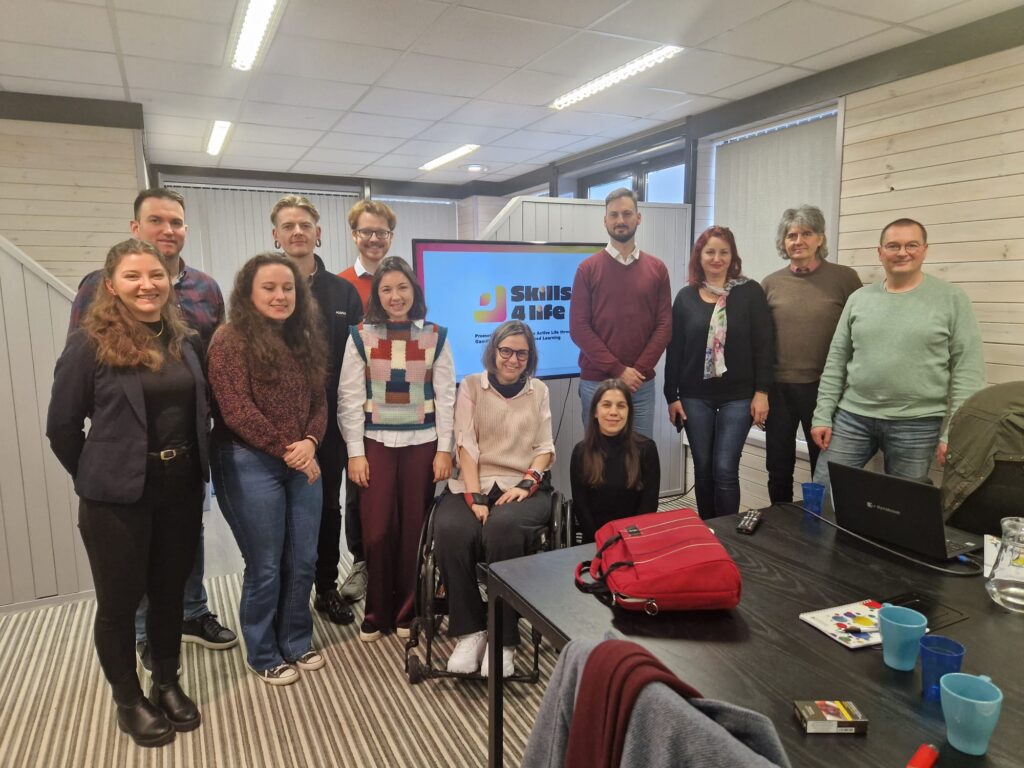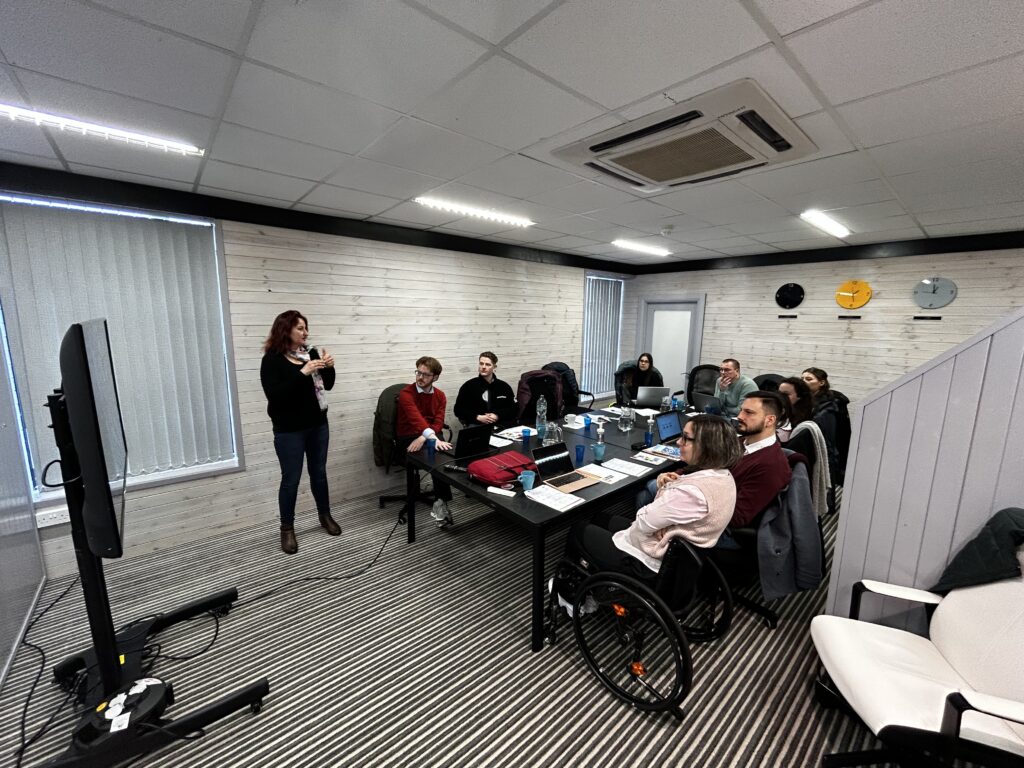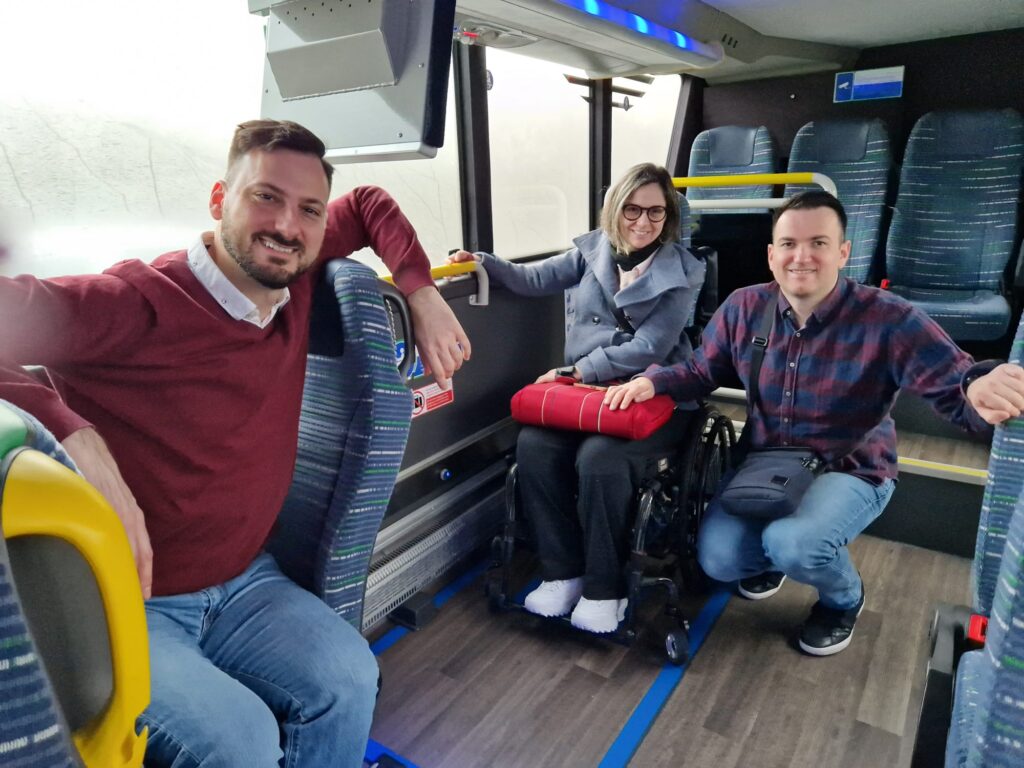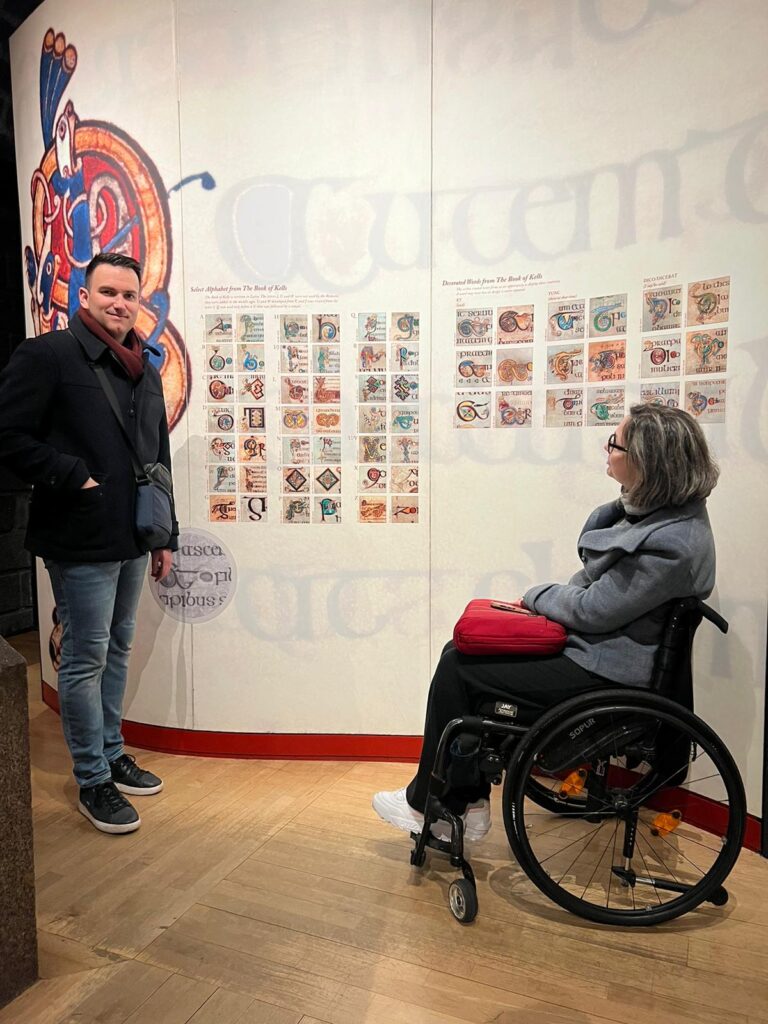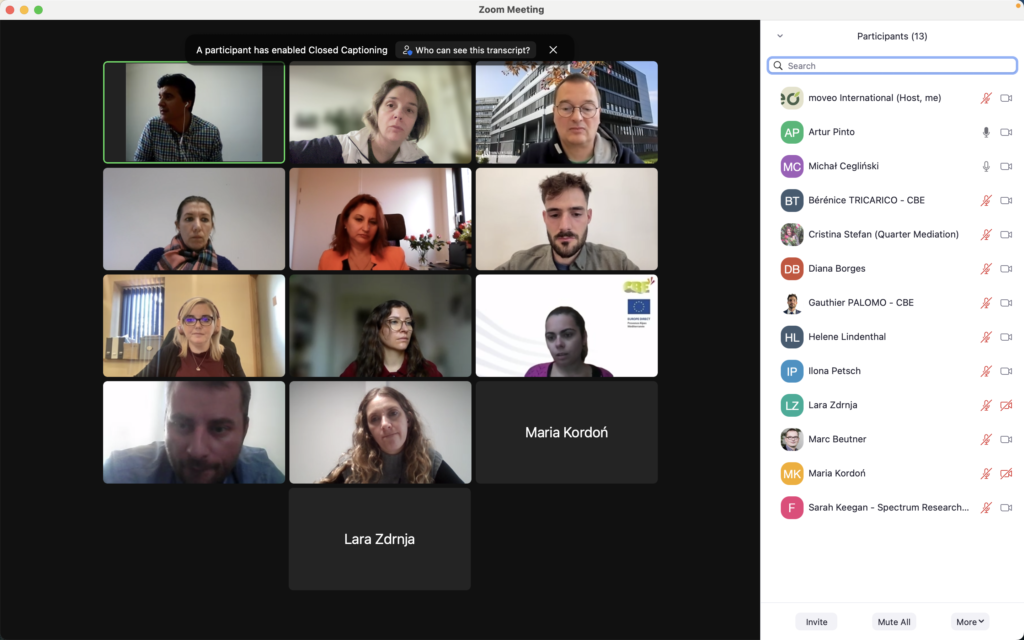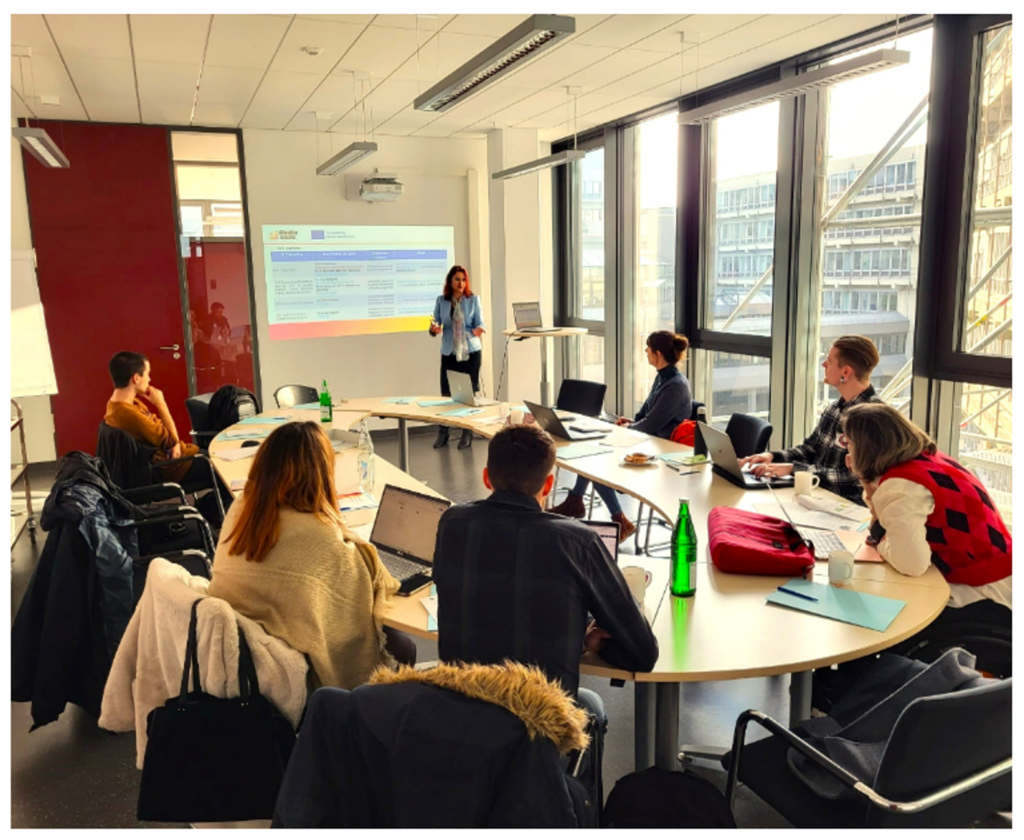Project no: 2022-1-AT01-KA220-ADU-000086937
Skills4Life: Promoting the Transition to Active Life through Gamification and Game-Based Learning
(November 2022 – October 2024)


About the Project
Young people leaving care are known to be disadvantaged, compared to their peers not in care. They struggle to cope with the difficulties and this can eventually lead to social exclusion, long-term unemployment, or involvement in risky behaviors. SKILLS4LIFE aims to support care leavers to improve their preparedness to face adulthood, leveraging their competencies and helping them develop and practice the necessary skills to feel prepared, integrated, and accompanied. During the SKILLS4LIFE project partner organizations from all 7 countries implemented a wide range of learning activities to support care leavers and adult educators, including the SKILLS4LIFE Serious Game, an In-Service Training Programme and training event; a Handbook for the Development of Transition to Autonomy Programmes, all available in a digital platform. The project also strongly promotes Community Engagement and Outreach by publishing a Policy Paper, organizing multiplier events, and a final conference in Vienna.
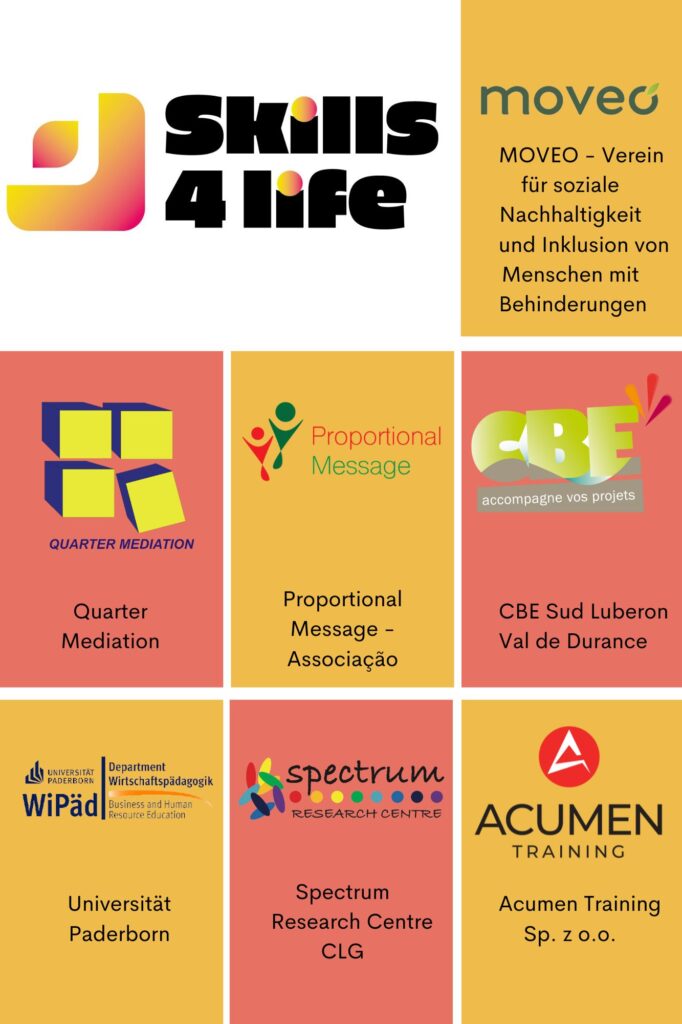
SKILLS4LIFE has the following main direct groups of participants:
(a) adult educators, social workers, and community educators;
(b) young adults in institutionalized and/or alternative care settings;
(c) external stakeholders that have been involved in the project, namely, institutions related to adult education and social inclusion.
Additional target groups include policy and decision-makers, education ministries, the public sector, social inclusion strategy partners, civil society organizations, and networks of the social sector. Local Working Groups (LWG) comprised of a minimum of 4 local representatives with expertise in the field of adult education and social inclusion, especially from care settings have also been included.
The SKILLS4LIFE project achieved a considerable impact on the primary and eventual target groups, but also on the partner organizations and further stakeholders. The proposed quantitative impacts for the SKILLS4LIFE project are:
A. 90 young adults who are institutionalized and/or in alternative care settings will be involved in the piloting implementation of the SKILLS4LIFE Serious Game
B. 60 community educators, adult educators, and social workers will be involved in the pilot implementation of the In-Service Training Programme.
C. 14 community educators, adult educators, and social workers will attend the LTTA that will be held in France. D. 210 target-group representatives will attend the SKILLS4LIFE Learning Labs.
E. 35 target-group representatives will attend the Final Conference in Austria.
The qualitative impact of SKILLS4LIFE for young adults who are institutionalized and/or in alternative care systems is:
Build stronger community networks; Reduce social exclusion within the target group; Increase active citizenship and civic engagement; Benefit from the acquisition of useful key life skills for the transition to autonomy; Benefit from game-based learning activities that will support the development of key skills for autonomy; increase interaction, participation, and knowledge sharing. The qualitative impact of SKILLS4LIFE for adult and community educators, and social workers is: Benefit from a personalized training approach for the development of autonomy programs for young adults; Benefit from the opportunity to learn and/or share knowledge about the personal and social inclusion of the main target groups in a transnational setting.



